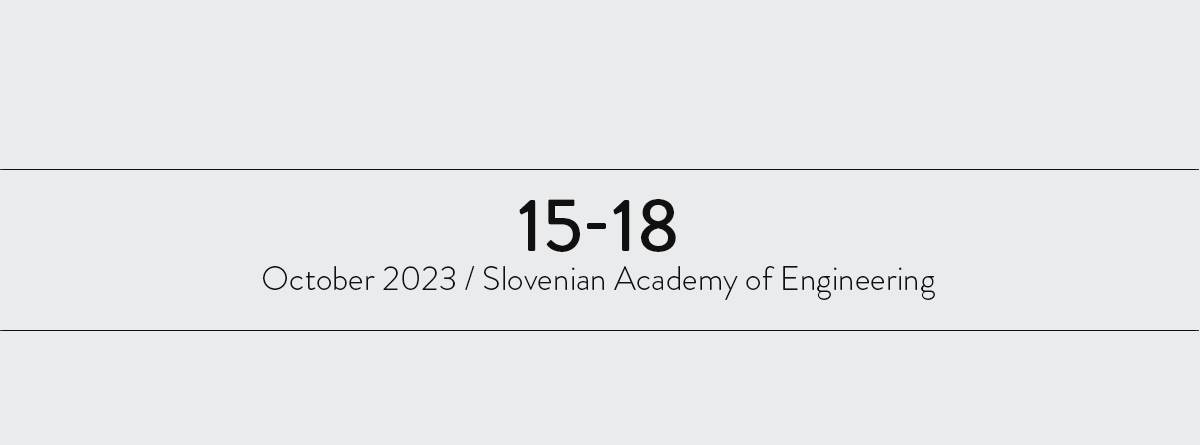Author: administrateur
28 Juin TOWARDS SUSTAINABLE FOOD CONSUMPTION
For Europe to achieve its health and sustainability goals, the way we produce and consume food has to change.
01 Mai MEGATRENDS – The forces likely to shape work, employment and society in Ireland to 2040 and beyond
Posted at 14:49h
in - Classification of publications - All, - Classification of themes - All, - Member Academies - All, Academic report, by a Commission or a Working Group, Energy and Climate Change, Environment, Irish Academy of Engineering (IAE), Other publications, Society and Technology, Technologies and Development for Developing Countries
0 Comments
Irish Academy of Engineering (IAE) 2023Megatrends, Download file Voltaire said the present is pregnant with the future and this is surely true of the intersecting forces, plans and events or “trends” that will shape Ireland’s society and economy over the medium term (2040 plus). The likely effects of some of these trends are already evident and others still have to reveal themselves more fully. In addition to the trends factors such as our current base of employment, existing national and sectoral plans as well as natural aspirations for a better society will all likely have a bearing on the shape of the future Ireland... . Executive Summary 1. Context
- 1.1 Introduction
- 1.2 Ireland’s Current Business Model
- 1.3 Are We Over or Under-Educated?
- 1.4 Irish Government Macro-Planning
- 1.5 Global Megatrends
- 2.1 Decarbonisation and Climate Change
- 2.2 New Technology
- 2.3 The Fourth Industrial Revolution - Industry 4.0
- 2.4 The Circular Economy
- 2.5 Remote Working
27 Avr New Italian Academy of Engineering and Technology
New Italian Academy of Engineering and Technology
11 Avr Hydrogen: fundamentals and strategies in China and France/Europe for decarbonizing the economy
Hydrogen: fundamentals and strategies in China and France/Europe for decarbonizing the economy
25 Nov Strategic crisis management in the EU
Improving crisis management has become an essential issue for protecting and enhancing present and future wellbeing in the EU and globally.
24 Nov Energy and Climate Change – Publication
Posted at 09:59h
in - Classification of publications - All, - Classification of themes - All, - Member Academies - All, Other, Other publications, Real Academia de Ingenieria (Spain) (RAI)
0 Comments
Real Academia de Ingenieria (Spain) (RAI) 2022The title: Energy and Climate Change The date of publication: Authors: Eloy Álvarez Pelegry Main themes: Energy Nature of publication: Joint sessions with other Royal Academies Report availability (link, paper version...): Link, paper. The conference given by Mr Eloy Álvarez Pelegry about Energy and Climate Change on the occasion of the joint session held by the Royal National Academies of Pharmacy, Exact, Physical and Natural Sciences, National Academy of Medicine and Engineering, with the participation of academicians from each of them. http://www.raing.es/es/publicaciones/informes/energ-y-cambio-clim-tico










